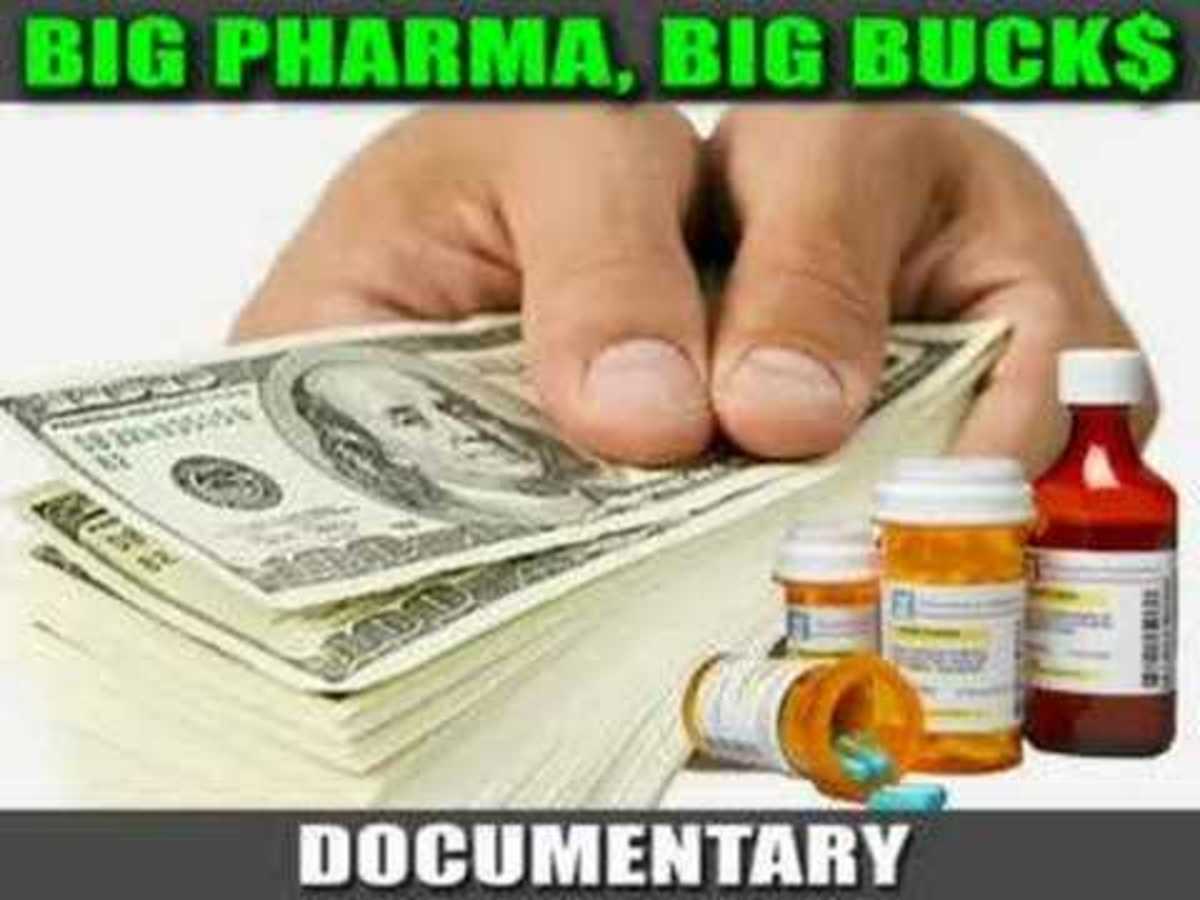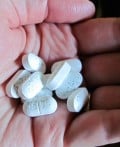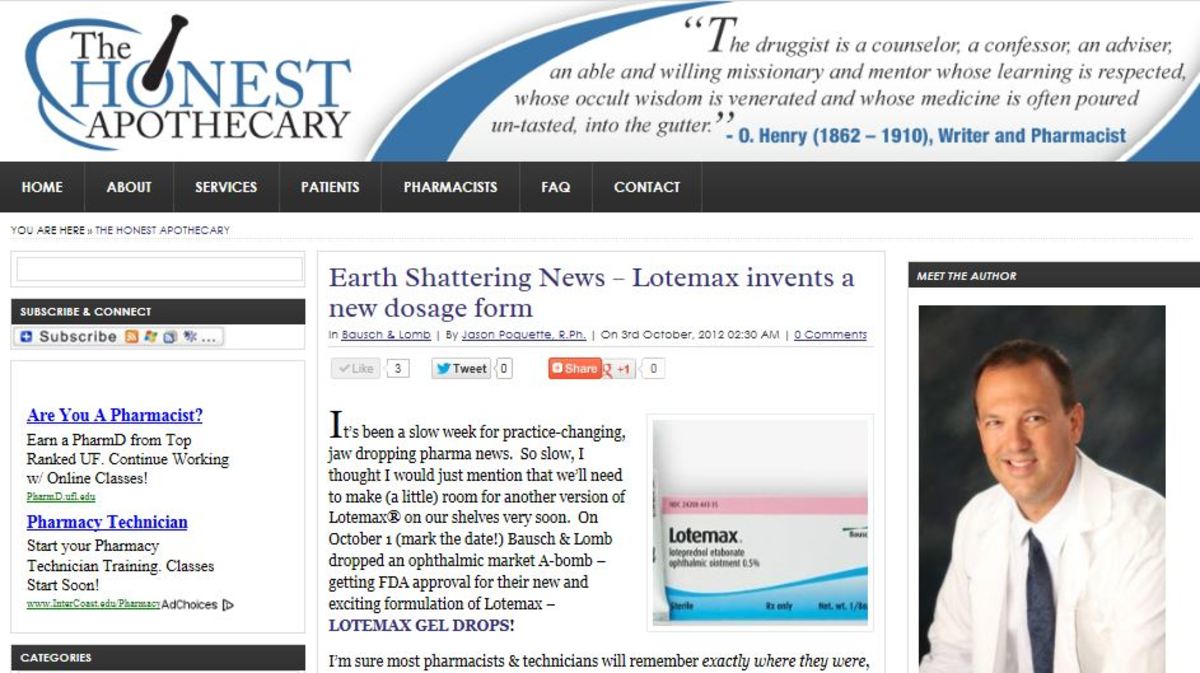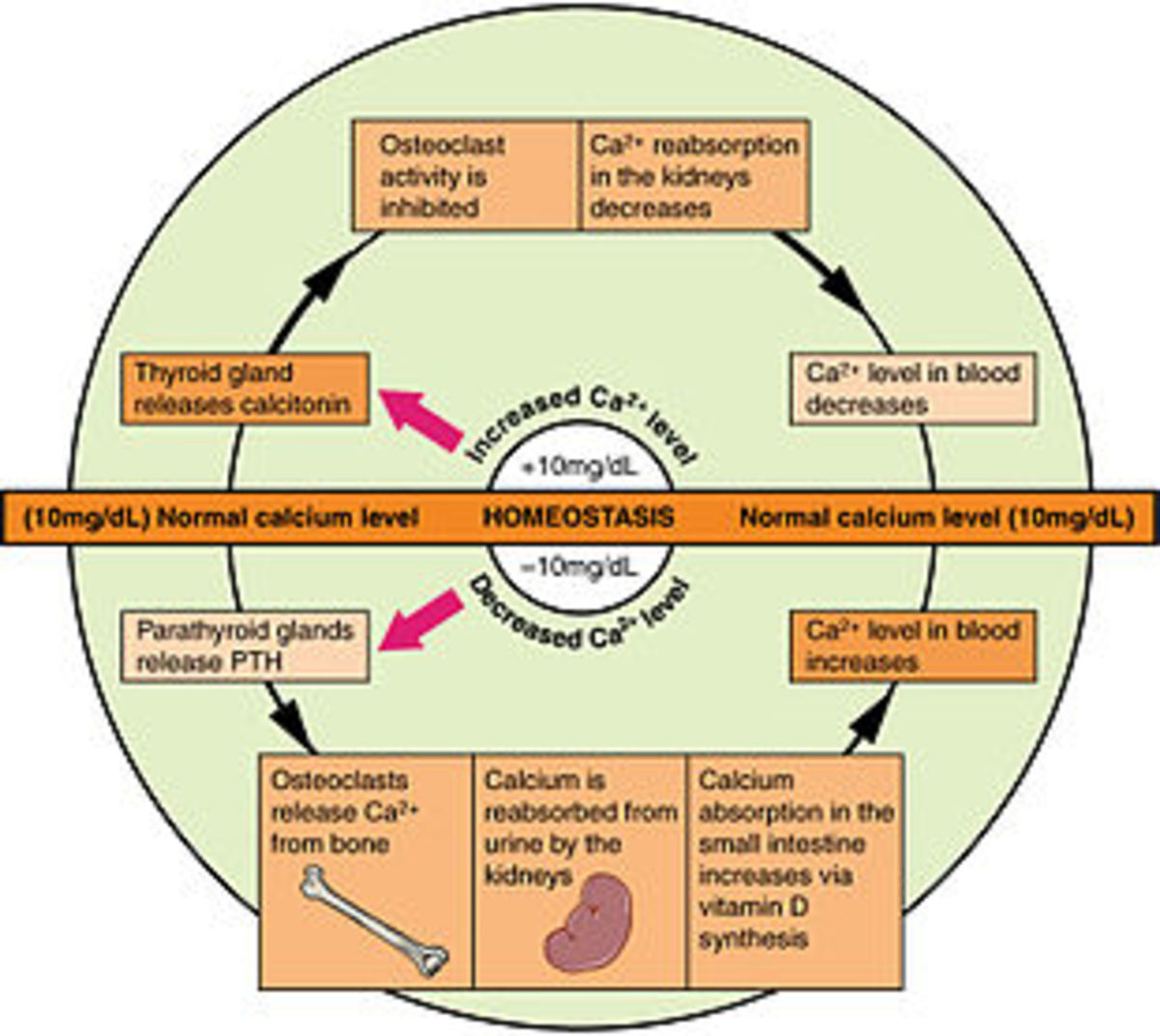Are Generic Drugs Equal to Brand Name Drugs?
The question of generic drugs and brand names being equal is a question we all need to know for health reasons. One of the key considerations to be made when drugs are approved by the Food and Drug Administration is not only the safety but the need for them to work as intended. At some point we all have the need to take some kind of medication. Even when we take pills for our headaches these drugs must be approved before they can be placed on the market for us to purchase. Over the counter (OTC) drugs are introduced through a monograph. This process covers acceptable ingredients, doses, formulations, labeling and in some cases testing parameters. Products conforming to a monograph may be marketed without FDA pre-approval. An over the counter monograph is like a recipe book covering the conditions noted in the previous sentence.
The intent of this article is not to cause concern about generic drugs vs brand name drugs but to bring about an understanding of the similarities and differences between them. The first difference is one well known by everyone and that is the price is cheaper for a generic drug vs a brand name drug. A generic drug is a drug produced and distributed without patent protection. It may have a patent on the formulation but not the active ingredient. Formulation is a substance prepared according to a formula. Generic drugs are basically sold under its chemical name and has the same active ingredient found in a brand-name drug. A brand-name drug has a trade name and is protected by a patent and can only be produced by the company holding the patent.
Other similarities include the fact that they are to be identical or bioequivalent to a brand name drug in dosage form, safety, strength, route of administration, quality, performance characteristics and intended use. These requirements are a good thing that the FDA has put in place since generic drugs were first introduced into the marketplace. When the FDA approves a drug there must be some confidence that a drug both generic and brand name satisfies the requirements noted above. In this respect the brand name and generic drugs are equal.
Other similarities include traceability requirements. There must be records related to identifying the batch, strength, purity and quality. Generic drugs must also be manufactured under the FDA good manufacturing practice regulations as required for brand name drugs. The one difference that generic drugs are not required to do is extensive and costly testing before it can be approved for use. This applies to first drugs manufactured after 1962. Generic drug manufacturers must show their product performs in the same way as a brand-name drug. Generic drug approval is processed through an abbreviated drug application with the exception that the testing requirements of a brand name drug do not apply. Application for approval of a brand name drug is through a New Drug Application which requires all the testing to ensure the drug performs as stated. Drug companies who apply through this process must prove that it is safe and effective through results of testing completed.
Generic drugs are a great way to save money and get the benefits of the medication you need. While the basic ingredients are the same just like new drugs if you have a reaction to it you need to inform your doctor. Anyone can have a reaction to a drug whether it is a brand name or a generic drug. There are cases where individuals prefer to use brand name drugs and not generic drugs. In these cases individuals need to consult their health insurance policies as the payment amounts may or will be different dependent upon the terms of the policy. If a patient wants a brand name drug it is important for a doctor to write the prescription dispense as written. This will prevent pharmacies from giving generic drugs when a patient wants the brand name. Most pharmacies will ask if you want a generic drug and when they ask this question make sure you ask for the amount of difference in price. It is up to your individual doctor to determine after consulting with you whether a generic drug is appropriate for the condition for which you are being treated.






